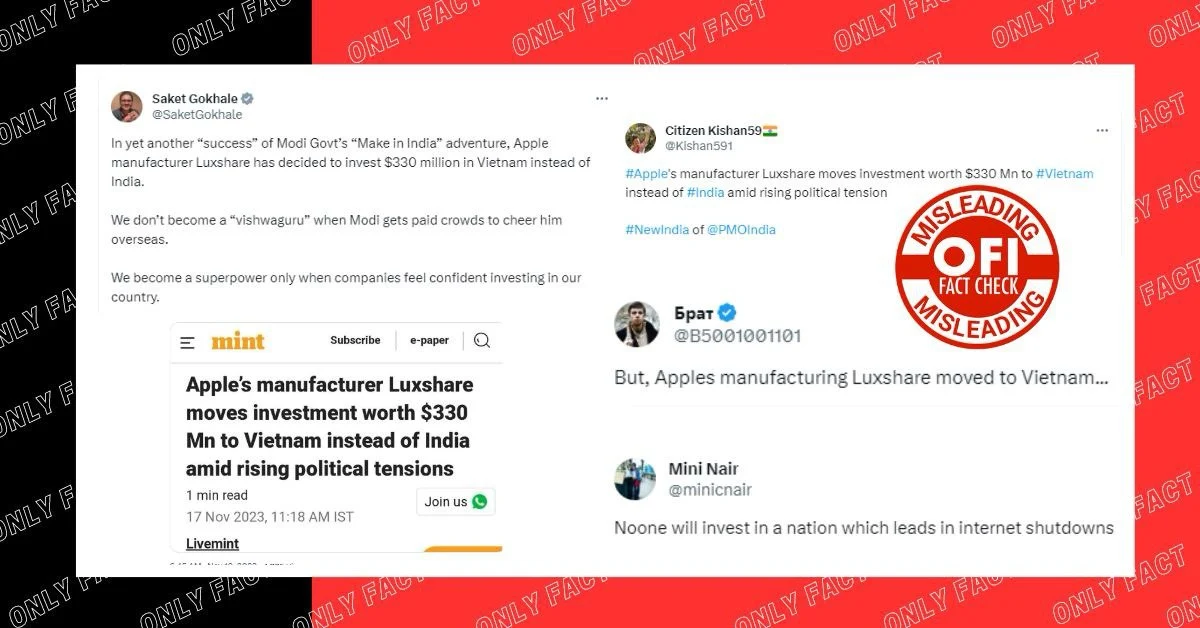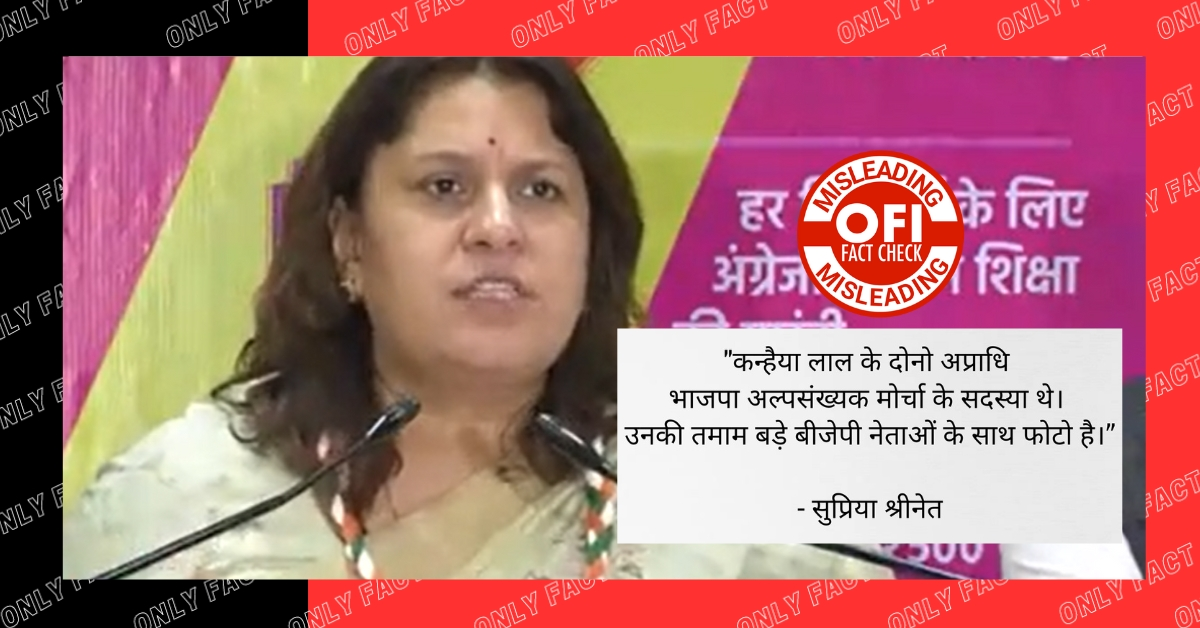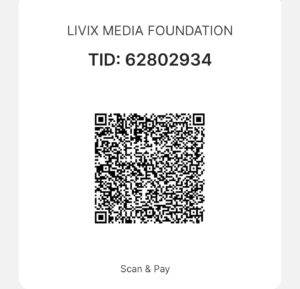Under the leadership of Prime Minister Narendra Modi, India is emerging as a prominent global hub for mobile phone manufacturing, reaching new heights in the smartphone sector with industry giants such as Apple and Samsung. Despite this upward trajectory, India has maintained its stance of not allowing Chinese manufacturers to capitalize on the setting up of production units. The recent headline-grabbing news about Luxshare decision to relocate its business from India to Vietnam has reverberated across Chinese propagandist circles.
Rajya Member of Parliament, Saket Gokhale tweeted on X , ‘In yet another “success” of Modi Govt’s “Make in India” adventure, Apple manufacturer Luxshare has decided to invest $330 million in Vietnam instead of India. We don’t become a “vishwaguru” when Modi gets paid crowds to cheer him overseas. We become a superpower only when companies feel confident investing in our country.’
Communist Mini Nair tweeted, ‘No one will invest in a nation which leads in internet shutdowns.’
Congress supporter, Kishan wrote, ‘Apple’s manufacturer Luxshare moves investment worth $330 Mn to Vietnam instead of #India amid rising political tension. NewIndia of PMOIndia.’
Anti-India and Anti Hindu, брат wrote, ‘But, Apples manufacturing Luxshare moved to Vietnam.’
Another congress party supporter wrote on X , ‘Apple’s manufacturer Luxshare moves investment worth $330 MN to Vietnam instead of India amid rising political tensions. Thank you Vishwagooo’
Examining the assertions put forth by certain individuals, it’s notable that a considerable number have shared screenshots of Live Mint headlines. This appears to be a deliberate effort aimed at undermining India’s global stature and its expanding business interests. Nevertheless, our investigation will thoroughly scrutinize the claims made by these individuals.
Also Read: Newsclick Raid Links Rooted in Chinese Connections, Not Adani Criticism
Fact Check
Our investigative process started by retracing the origins of the narrative. Subsequently, I delved into the article published by Live Mint.
The first paragraph of the article reads, ‘Apple’s one of the biggest Chinese component manufacturers, Luxshare, has reportedly decided to invest in Vietnam instead of India, citing the political tensions between the two countries.’
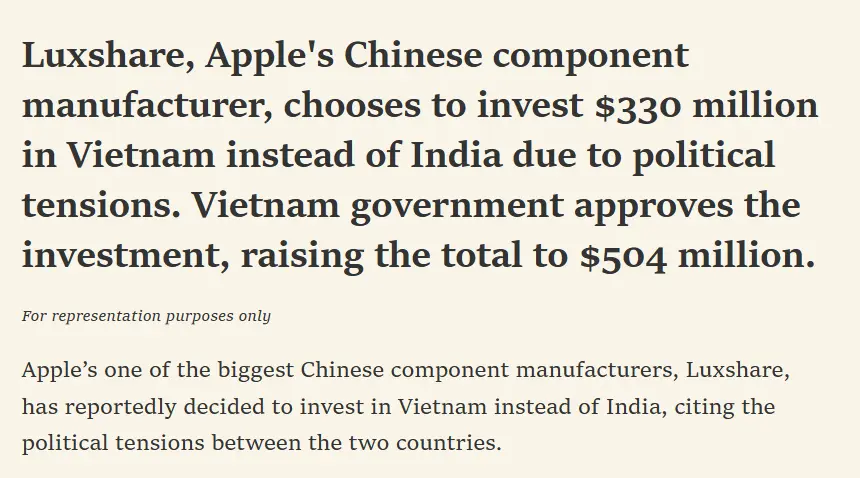
Upon reading the first paragraph, the narrative becomes more lucid. Initially, it’s clarified that Luxshare is a Chinese company. Furthermore, the article delves into the realm of political tensions, specifying that these tensions are of a geopolitical nature between the two nations—India and China. Notably, the headline fails to explicitly mention Luxshare as a Chinese company and the nature of the tensions as geopolitical rather than domestic political discord.
Hence, to gain deeper insights, we sought the assistance of the Economic Times. According to ET’s report, “Luxshare, a Chinese supplier of components and finished products to Apple, is redirecting a fresh investment of $330 million to Vietnam. This move comes in the wake of its unsuccessful attempts to scale up operations in India, attributed to the political tensions between India and China.”

The report elaborates, “Luxshare, a key supplier for Apple’s AirPods and a potential contributor to upcoming iPhones, faced setbacks over the last three years while endeavoring to expand its footprint in India.”
The company initiated its presence in India in 2019, and in 2020, it entered into an agreement to acquire a dormant plant in Tamil Nadu from Motorola. As part of this deal, Luxshare committed to investing Rs 750 crore in manufacturing components for Apple. However, strained political relations between India and China posed a hindrance to its expansion plans in the country. The report notes that the foreign direct investment (FDI) was not approved, and Luxshare executives faced visa refusals on multiple occasions over the past year.

Those closely monitoring geopolitical developments are well aware that the Indian government, led by Prime Minister Narendra Modi, remains steadfast in resisting Chinese pressure, prioritizing national interests by restricting Chinese access. The ban on Chinese apps stands as a notable example.
Furthermore, Apple has refrained from providing any comments on Luxshare’s relocation from India, indicating a strategic move to safeguard its extensive and far-sighted business interests. As a prominent U.S.-based company, Apple is well aware of the potential consequences associated with collaborating with Chinese entities. Consequently, the ongoing business relationship between India and Apple is expected to continue without any significant impact on either party’s business interests.
Over the past two years, Chinese mobile companies Xiaomi and Vivo have been under scrutiny by the Enforcement Directorate for money laundering and FEMA violations. Notably, a recent development saw the arrest of an employee working for Vivo on charges related to money laundering.

By standing firm and not compromising with Apple on granting Chinese companies undue advantages, the Indian government has conveyed a clear and unequivocal message. In the dynamic landscape of the 21st century, the power of messaging, perceptions, and narratives holds significant sway in shaping a nation’s future.
In essence, India did not disrupt the deal with Apple but with its Chinese component partner, Luxshare. India has not been ‘friendly and welcoming’ to Chinese companies for the past five years due to concerns related to national security and business interests. It’s crucial to clarify that the reference to “political tensions” in the headline pertains not to domestic turmoil but rather to the geopolitical tensions between India and China.
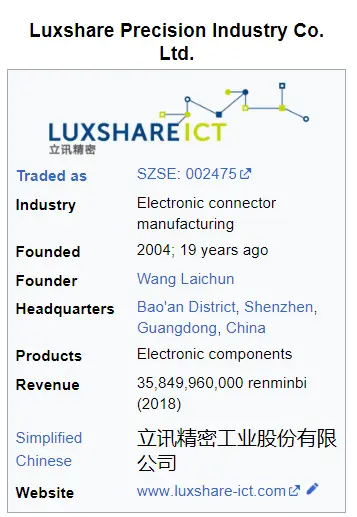
What adds an intriguing dimension is the striking similarity in language between claimants like Saket Gokhale and the Global Times, a Chinese state media outlet. The Global Times, in its coverage, wrote, “The recent investment shift from India to Vietnam of Luxshare, one of Apple’s largest Chinese component and finished product makers, shows India’s unfavorable business environment and wrong policy hamper its manufacturing ambitions.” The departure of Luxshare from India appears to have stirred both concern in India and resonance in China.
| Claim | India lost a business deal with Apple due to the decisions made by PM Modi. |
| Claimed by | Saket Gokhale, Mini Nair and others |
| Fact Check | Misleading |

